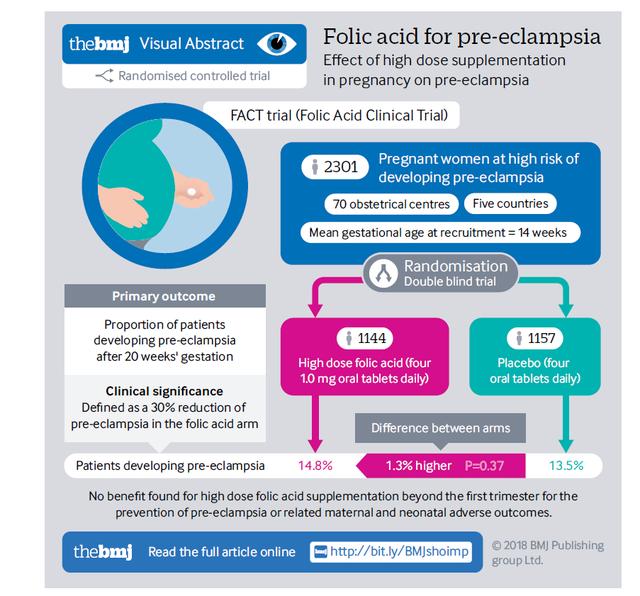Folate is an important water-soluble B vitamin that is essential for the synthesis of proteins and nucleic acids and is one of the substances necessary for cell growth and division.
As the most important one-carbon unit carrier in the body, its main physiological function is to participate in many cellular metabolic processes in the body, such as the rapid proliferation of haemoglobin, red blood cells, white blood cells, amino acid metabolism, long-chain metabolism in the brain, and the development of the brain.

Folate is essential for the growth and reproduction of cells in the body and is involved in the rapid proliferation of haemoglobin, red blood cells, white blood cells, amino acid metabolism and the metabolism of long-chain fatty acids and nucleic acids in the brain.
Folate is involved in the one-carbon unit transfer cycle. This cycle is involved in nucleic acid synthesis, DNA methylation, maintenance and repair of the genome, regulation of gene expression, amino acid
Folate plays a fundamental role in nucleic acid synthesis, DNA methylation, maintenance and repair of the genome, regulation of gene expression, amino acid metabolism and synthesis of neurotransmitters.
On the one hand, it provides methyl groups for DNA, RNA and protein methylation and participates in the synthesis of purines and pyrimidines; on the other hand, homocysteine synthase
On the other hand, homocysteine synthase catalyzes the conversion of homocysteine (Hcy) to methionine (Met), which requires the participation of the methyl donor, 5-methyltetrahydrofolate (5-MTHF).

Folate is metabolically active only when catalyzed by a variety of enzymes in the body, and methylenetetrahydrofolate reductase (MTHFR) is the most critical enzyme in the metabolic conversion of folate.
When mutations in this enzyme cause a reduction in enzyme activity, the conversion of Hcy to Met is blocked, resulting in a decrease in plasma folate levels.
When mutations in this enzyme cause a decrease in enzyme activity, the conversion of Hcy to Met is blocked, resulting in low plasma folate levels and a significant increase in Hcy levels.
High levels of Hcy in plasma can cause endothelial damage and abnormal function, disrupt the balance of coagulation and fibrinolysis, stimulate vascular smooth muscle cell proliferation, interfere with lipid
This puts the body at high risk of coagulation and increases the risk of cardiovascular disease.
Studies have shown that folate plays an important role in many biochemical reactions, such as: protecting red blood cells from megaloblastic anaemia; affecting haematopoietic stem cells; reducing
neonatal neural tube defects; and controlling high homocysteine levels in the blood to prevent cardiovascular disease. In addition, depression, hearing loss, dementia, endothelial function
depression, hearing loss, dementia, endothelial dysfunction, peroxide production in atherosclerotic vessels, DNA methylation, chromosome breakage and some cancers have all been found to be associated with folate deficiency.
The body cannot synthesize folate on its own.
The body cannot synthesise folate itself and relies entirely on exogenous folate to meet its needs. Usually people obtain it from food through the small intestine.
However, worldwide surveys have found that folate from food sources is not sufficient to meet the body's needs, especially in the special stages of life when the need for folate is greater, such as during pregnancy, in children, in the elderly and in people with a wide range of folate-related illnesses.
children, the elderly and various diseases caused by folate deficiency.
The causes of folate deficiency in humans are varied:
There are dietary reasons for insufficient intake of folate, genetic problems that lead to impaired metabolism of folate, and increased needs at specific physiological stages.

Also, many diseases such as hypertension, diabetes and hyperlipidaemia can affect the metabolism of folate, and studies show that 40% of people have some degree of folate metabolism.
According to studies, 40% of people have some degree of folate metabolism disorder, and this deficiency reaches 70% in people with depression.
The consequences of folate deficiency can be broadly classified into several categories.
* affects DNA formation and cell proliferation, resulting in impaired growth and development
* Causes megaloblastic anaemia
* Causes congenital defects in the foetus
*Increases the incidence of many tumours
*Impacts the homocysteine cycle and increases the risk of certain diseases such as cardiovascular diseases such as atherosclerosis, Alzheimer's disease, schizophrenia, depression, dementia and other neurological diseases caused by homocysteinemia
*Accelerated ageing
We recommend Magnafolate(L-5-Methyltetrahydrofolate Calcium).
Magnafolate® is the unique patent protected C crystalline L-5-Methyltetrahydrofolate Calcium salt (L-5-MTHF Ca) which can get the purest and most stable bio-active folate.

 English
English Español
Español  Português
Português  русский
русский  Français
Français  日本語
日本語  Deutsch
Deutsch  tiếng Việt
tiếng Việt  Italiano
Italiano  Nederlands
Nederlands  ภาษาไทย
ภาษาไทย  Polski
Polski  한국어
한국어  Svenska
Svenska  magyar
magyar  Malay
Malay  বাংলা ভাষার
বাংলা ভাষার  Dansk
Dansk  Suomi
Suomi  हिन्दी
हिन्दी  Pilipino
Pilipino  Türkçe
Türkçe  Gaeilge
Gaeilge  العربية
العربية  Indonesia
Indonesia  Norsk
Norsk  تمل
تمل  český
český  ελληνικά
ελληνικά  український
український  Javanese
Javanese  فارسی
فارسی  தமிழ்
தமிழ்  తెలుగు
తెలుగు  नेपाली
नेपाली  Burmese
Burmese  български
български  ລາວ
ລາວ  Latine
Latine  Қазақша
Қазақша  Euskal
Euskal  Azərbaycan
Azərbaycan  Slovenský jazyk
Slovenský jazyk  Македонски
Македонски  Lietuvos
Lietuvos  Eesti Keel
Eesti Keel  Română
Română  Slovenski
Slovenski  मराठी
मराठी  Srpski језик
Srpski језик 








 Online Service
Online Service